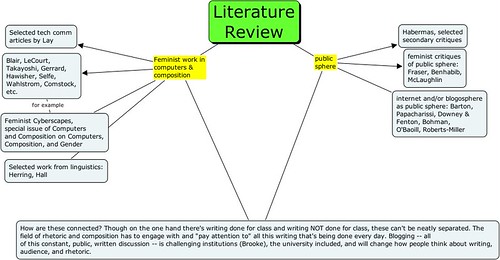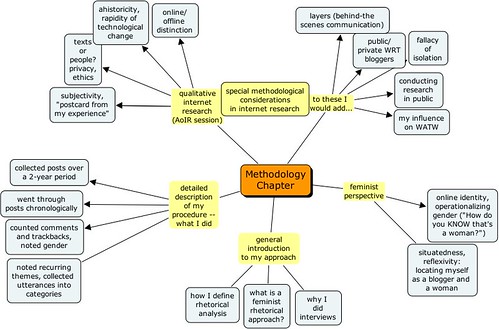I'd rather find someone else who blogged about that article about women in elite colleges who want to forego career for stay-at-home childrearing, but I haven't found anyone who's written about it yet. Oh well. I was both disturbed and encouraged by various parts of the article.
While the changing attitudes are difficult to quantify, the shift emerges repeatedly in interviews with Ivy League students, including 138 freshman and senior females at Yale who replied to e-mail questions sent to members of two residential colleges over the last school year.
The interviews found that 85 of the students, or roughly 60 percent, said that when they had children, they planned to cut back on work or stop working entirely. About half of those women said they planned to work part time, and about half wanted to stop work for at least a few years.
Two of the women interviewed said they expected their husbands to stay home with the children while they pursued their careers. Two others said either they or their husbands would stay home, depending on whose career was furthest along.
At least the Times does acknowledge in the article that there are many people who don't have the financial luxury of being able to choose not to work outside the home. And "depending on whose career was furthest along"? Fair enough, I guess, assuming that lots of people marry outside their economic classes and that we're on a level playing field in terms of gender. But I don't think either of those assumptions is a safe one.
In recent years, elite colleges have emphasized the important roles they expect their alumni - both men and women - to play in society.
For example, earlier this month, Shirley M. Tilghman, the president of Princeton University, welcomed new freshmen, saying: "The goal of a Princeton education is to prepare young men and women to take up positions of leadership in the 21st century. Of course, the word 'leadership' conjures up images of presidents and C.E.O.'s, but I want to stress that my idea of a leader is much broader than that."
She listed education, medicine and engineering as other areas where students could become leaders.
In an e-mail response to a question, Dr. Tilghman added: "There is nothing inconsistent with being a leader and a stay-at-home parent. Some women (and a handful of men) whom I have known who have done this have had a powerful impact on their communities."
Well, okay. This line of thought is promising, but do all the faculty share Dr. Tilghman's view of leadership? I doubt it.
University officials said that success meant different things to different people and that universities were trying to broaden students' minds, not simply prepare them for jobs.
"What does concern me," said Peter Salovey, the dean of Yale College, "is that so few students seem to be able to think outside the box; so few students seem to be able to imagine a life for themselves that isn't constructed along traditional gender roles."
THANK YOU, PETER SALOVEY! Mr. Salovey's point will be illustrated later in the article.
Sarah Currie, a senior at Harvard, said many of the men in her American Family class last fall approved of women's plans to stay home with their children.
"A lot of the guys were like, 'I think that's really great,' " Ms. Currie said. "One of the guys was like, 'I think that's sexy.' Staying at home with your children isn't as polarizing of an issue as I envision it is for women who are in their 30's now."
Okay, this just makes me shudder. Cf. Salovey.
"I'll have a career until I have two kids," [a student at Yale] said. "It doesn't necessarily matter how far you get. It's kind of like the experience: I have tried what I wanted to do."
Ms. Ku added that she did not think it was a problem that women usually do most of the work raising kids.
"I accept things how they are," she said. "I don't mind the status quo. I don't see why I have to go against it."
Cf. Salovey. I'm trying to figure out all the reasons this article bothers me so much. The first, I suppose, is reflected in my title, which is also the title of an essay by Adrienne Rich about inequality in the educational system, both public and private, from elementary, to secondary, to college level. Isn't it true that some professors already see women as interlopers in higher education who, but for a few bluestocking exceptions, are there for an MRS degree, as the joke goes? Obviously it would be a better situation if: a.) the distribution of wealth in this country were such that more people could have the choice to stay at home with kids; b.) parenting were valued in our society, and I don't mean in the "revered in rhetoric, reviled in policy" sense; c.) staying at home with kids weren't viewed as an almost exclusively feminine vocation (even to the point of being SEXEE!), and as a corollary d.) masculinity weren't inextricably linked with breadwinning, such that the men I know who stay at home with their kids seem to feel obliged to explain it or apologize for it; and e.) education weren't so closely tied to career, i.e. learning has inherent value, and every student is worth teaching, equally, whether he or she goes on to apply that knowledge in a conventional career or not.
That's a start.
UPDATE: More at feministing and Rebel Dad.




